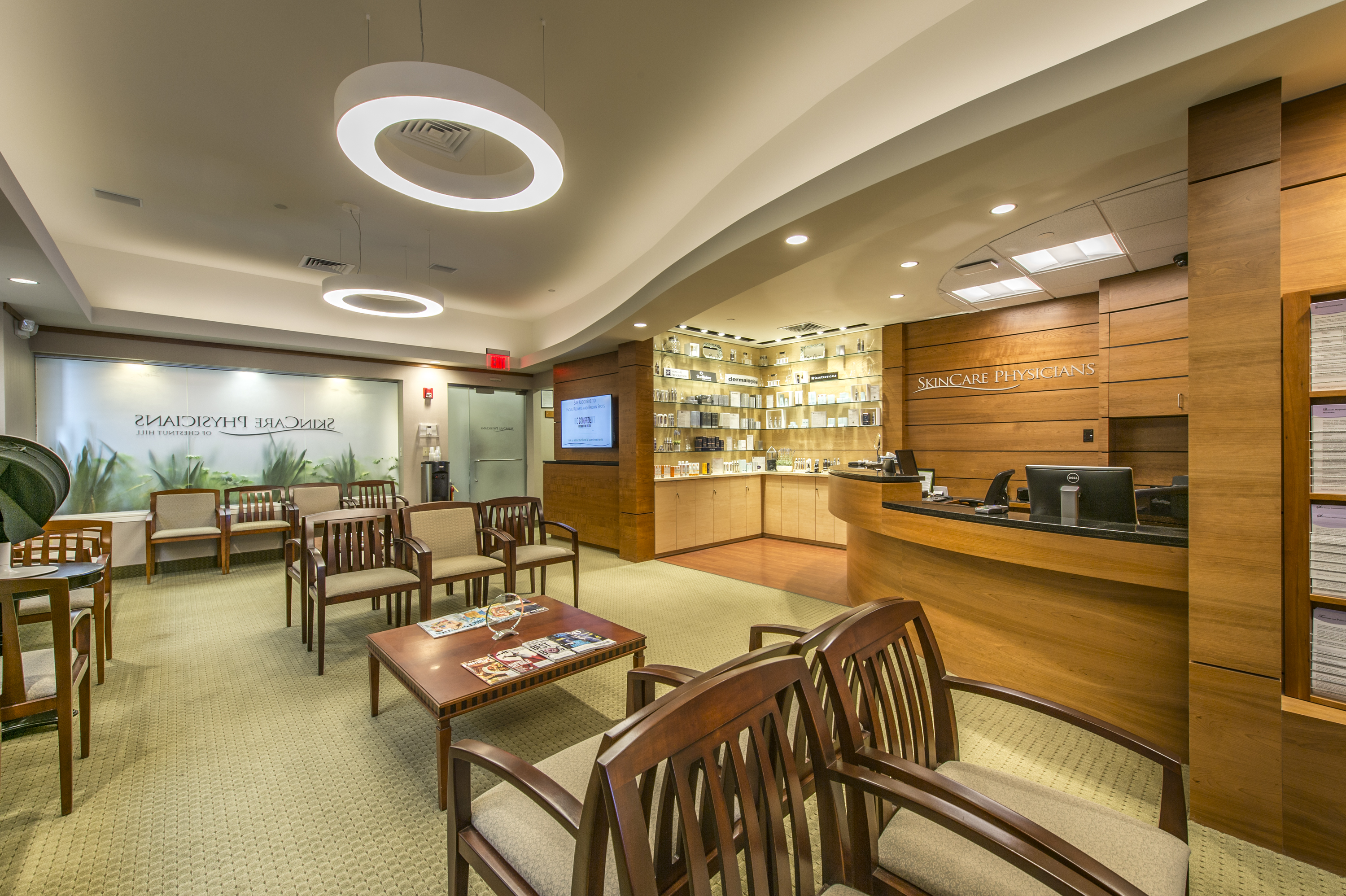- Home
- Blog
- Medical Dermatology
- Five different forms of sun poisoning and their symptoms
Five different forms of sun poisoning and their symptoms
 Extended, unprotected exposure to the sun can harm the skin for a myriad of reasons such as skin cancer and aging, but photodermatoses, or “sun poisoning”, is a slightly less common but still dangerous effect of sun exposure. Many patients use the term “sun poisoning”, but what does it really mean? We asked dermatologist Dr. Robin Travers to explain the skin condition and its symptoms.
Extended, unprotected exposure to the sun can harm the skin for a myriad of reasons such as skin cancer and aging, but photodermatoses, or “sun poisoning”, is a slightly less common but still dangerous effect of sun exposure. Many patients use the term “sun poisoning”, but what does it really mean? We asked dermatologist Dr. Robin Travers to explain the skin condition and its symptoms.
Sun Poisoning Variations
Sun poisoning is similar to severe sunburn, which can lead to patient confusion if symptoms go beyond those they may usually get from a day in the sun. Here are five different forms of the condition and their respective symptoms.
Polymorphous Light Eruption (PMLE): This condition is fairly common and triggered by both UVA and UVB rays. PLME typically occurs only after the first few bouts of sun exposure for the year, since people develop a tolerance to the sun as time progresses. For example, people might develop symptoms after a February trip to a sunny climate, or after those first few sunny warm days in May. Symptoms include a rash that is intensely itchy on forearms, tops of hands, thighs, sides of the face and the v-neck area of the chest.
Photoallergic Reactions: Photoallergies occur when people have become sensitized or allergic to oral medications or topical products (including some ingredients in sunscreens). UVA light triggers these reactions more often than UVB. UVA rays are equally as strong in the winter as in the summer, so these reactions may occur in the wintertime as well as summer.
Phototoxic Reactions: These reactions are fairly common and are similar to acute sunburn. They occur as a response to tetracycline derivatives and sun exposure and can leave severe redness, swelling and blistering, especially on the tops of hands. Other phototoxic reactions include phytophotodermatitis, which is a response to topical agents on the skin. One common example of this is a reaction to furocoumarin, a chemical in many plants such as limes that can cause intense symptoms. Many patients develop this reaction after squeezing lime into a drink while vacationing in a tropical location.
Solar Urticaria: This rare condition is potentially the most severe of the varieties of sun poisoning. Solar urticaria can be triggered by any type of UV light, though UVA is the most common culprit. Hives occur after a short time in the sun and may lead to anaphylactic shock after full body exposure to sunlight.
Contact Dermatitis: Eczema sufferers are not necessarily at a higher risk for sun poisoning, but they, and people with other inflammatory skin conditions, can develop photoallergic contact dermatitis.
All these conditions take the moniker “sun poisoning,” which can make a diagnosis difficult—a physical exam, biopsy and sometimes patch testing may be necessary to reach a precise diagnosis.
Prevention and Treatment
Sun protection is key to prevent these conditions. Patients should reach for a high SPF broad spectrum sunscreen in order to protect from both UVA and UVB light. Sun protective clothing lines exist to specifically prevent UV exposure and are particularly helpful for patients who find it difficult to apply and reapply sunscreens. Patients can also find relief by eliminating any specific irritants or allergens that may be causing their reactions.
If the damage has already been done, hydration and ibuprofen can help with sunburn-like symptoms. Application of hydrocortisone ointment, along with cool baths, compresses and soothing anesthetic gels can provide temporary relief until the eruption resolves.
When in doubt regarding sunburn vs. sun poisoning, always contact your dermatologist.



Hello, is it possible to have sun poisoning (hot skin, chills, flu like symptoms) without a sun burn? Or with just a very mild sun burn on a small part of the body, like cheeks and arm?
As the blog article notes, there are several types of medical conditions that are lumped under the term “sun poisoning”. Some of these can occur without an actual sunburn. Your dermatologist can help you determine the true nature of your condition.
I live in NH. For the last 3 summers,my skin has gotten really itchy and I have had rash-like bumps. For the last 2 summers, my chest got really, really itchy, So this summer, before I got any exposure to the sun, I slathered zinc oxide all over my chest (and do so every day now) and my chest doesn’t get itchy at all. However, now it’s my back that’s really itchy. It’s almost as bad as poison ivy. I think maybe, that my back got a little bit of sun exposure in late June, but since then, I wear a T shirt all the time. Can sun poisoning make you really itchy? I’m a 71-year old woman and I’ve lived 90% of my life in either Massachusetts or NH, and I’m of English and Irish descent.
We are not able to offer medical advice online. Please call our office at 617 731-1600 to schedule an appointment.